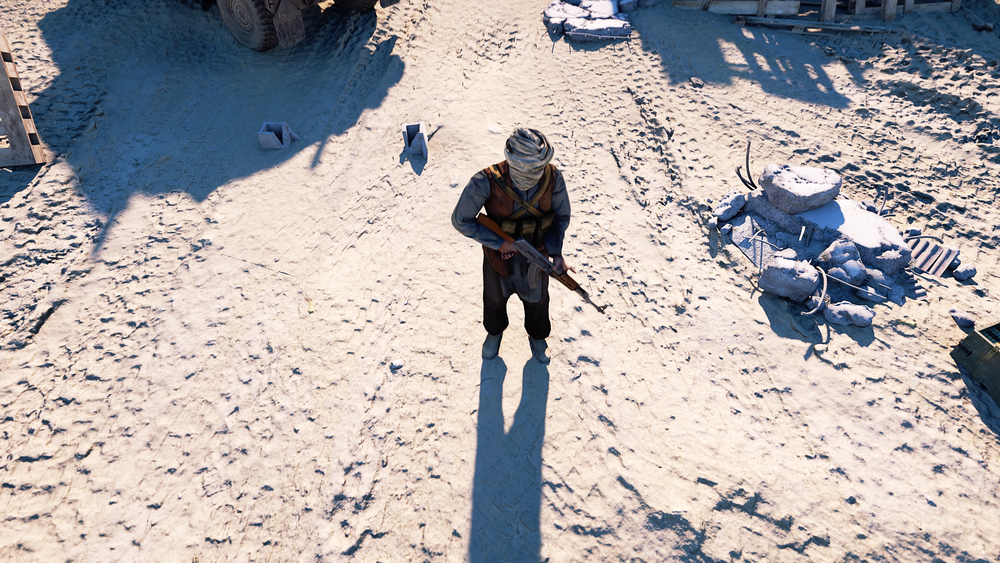Dutch jihadis have history of mental illness, petty crime and failure


An analysis of the backgrounds of 319 Dutch jihadis shows that many of them had major problems before making the decision to leave, debunking the idea that all come from ‘normal’ backgrounds, the Volkskrant said on Thursday.
The analysis, carried out by police researcher Anton Weenink, found that 28% had psychological problems, ranging from schizophrenia to depression, compared with 8% of the general population.
This finding means that the ‘discussion about whether someone who carries out an attack is driven by ideology or has mental issues’ has become more irrelevant, Weenink told the paper.
That question is central in the case of Gökmen Tanis, who shot dead four people on a tram in Utrecht last month, and who is said to have both a terrorist motive and psychological problems.
‘It is not a black and white question. People who carry out attacks can be mentally confused, have some form of personality disorder or be driven by ideology,’ Weenink said.
The research shows that most of the Dutch jihadis have Moroccan roots, come from broken homes and that two-thirds of them have criminal convictions, mainly for mugging, vandalism and burglary.
Some 40% have been involved in violence and a large majority were unemployed before they left for Syria. One in 10 has been homeless at some point.
The research, the paper says, undermines the theory used by terrorism experts that jihadis often have a ‘normal’ background and in some cases are more successful than the average member of society. This image, the paper says, was fueled by the middle-class hardened idealists behind the 9/11 attacks in the US.
Education
But this, says Weenink does not apply to the ill-educated jihadis who are taking revenge on their old, failed lives.
‘Their journey to Syria is the latest problematic phase in a life that has always been problematic,’ he said. ‘They were not even successful as criminals, because they were not involved in organised crime. They are people whose lives had come to a stop and who had nothing to lose.’
Determining what drove young men and women to move to Syria is crucial when considering whether or not they should be allowed back, Weenink said.
‘Most of them will have to go to jail and that will give time to find out what their state of mind is… my research shows it is important to take a broad approach to this problem, not just from the criminal justice system.’
Returnees
The Netherlands is still struggling to decide what to do about Dutch jihadis and their children, following pressure to bring them home.
Dutch jihadis can currently only return to the Netherlands if they manage to get to a Dutch embassy or consulate under their own steam.
However, in February, justice minister Ferd Grapperhaus said the Netherlands is ‘looking into’ the option of trying to move Dutch women and children living in refugee camps in Syria to safe areas where they can return to the Netherlands.
Thank you for donating to DutchNews.nl.
We could not provide the Dutch News service, and keep it free of charge, without the generous support of our readers. Your donations allow us to report on issues you tell us matter, and provide you with a summary of the most important Dutch news each day.
Make a donation